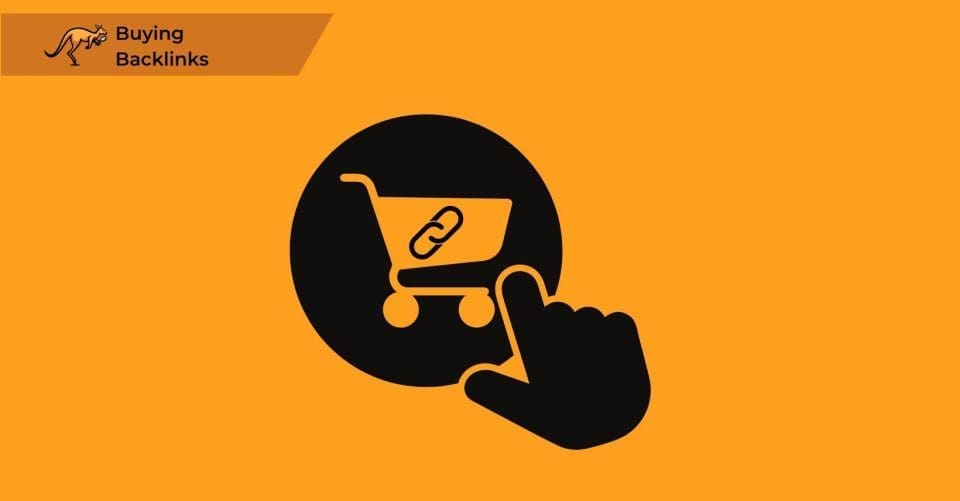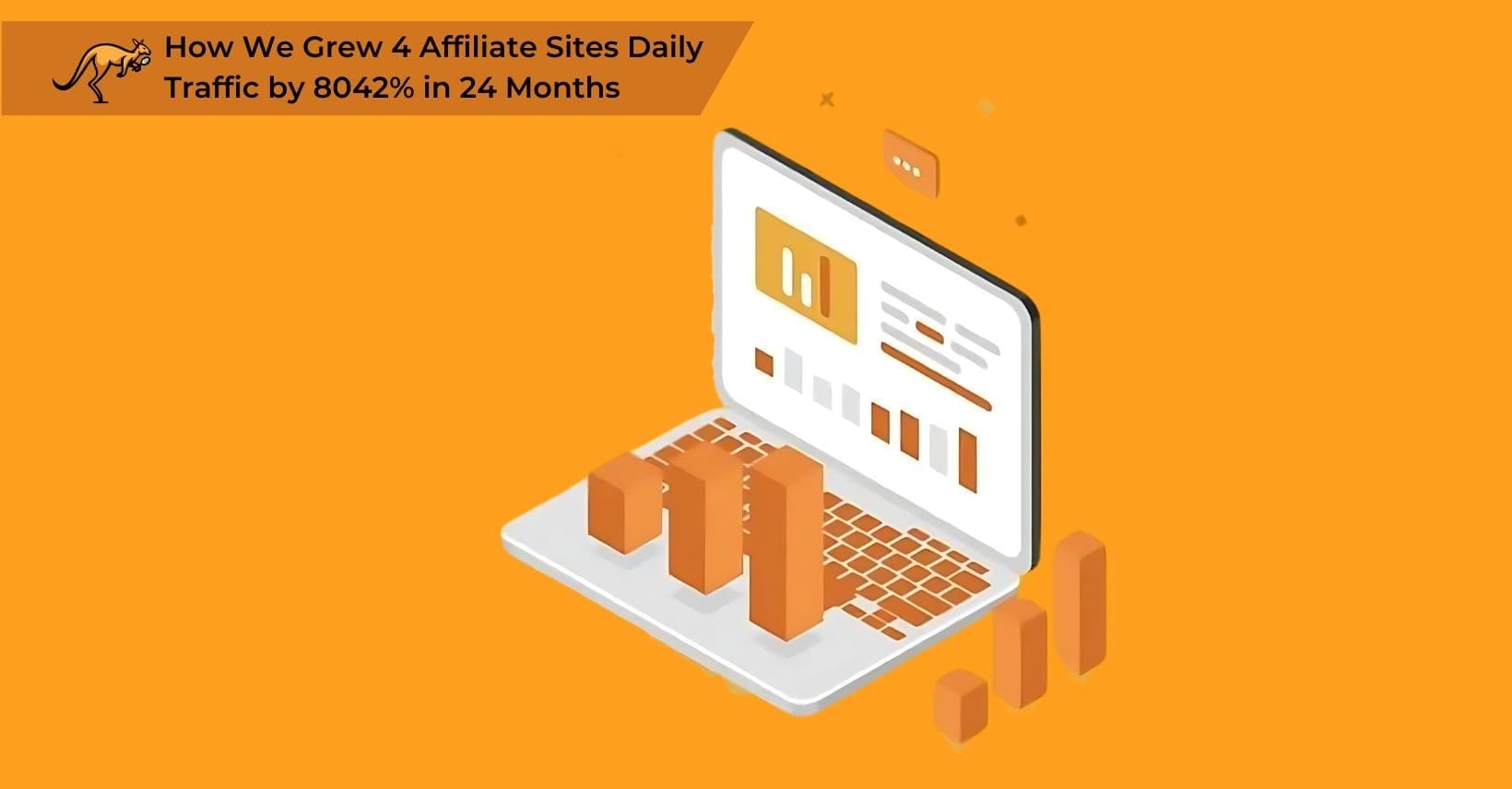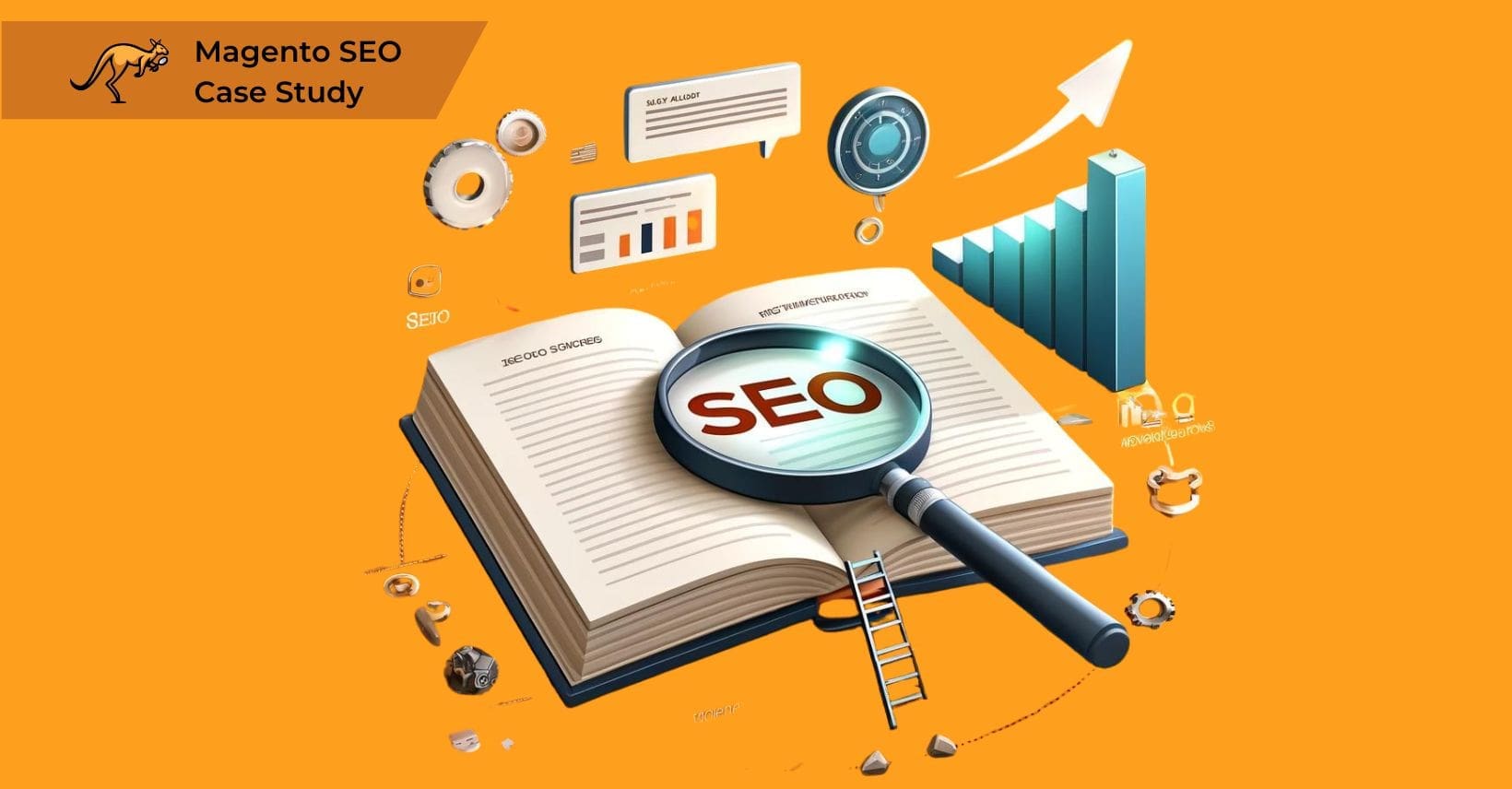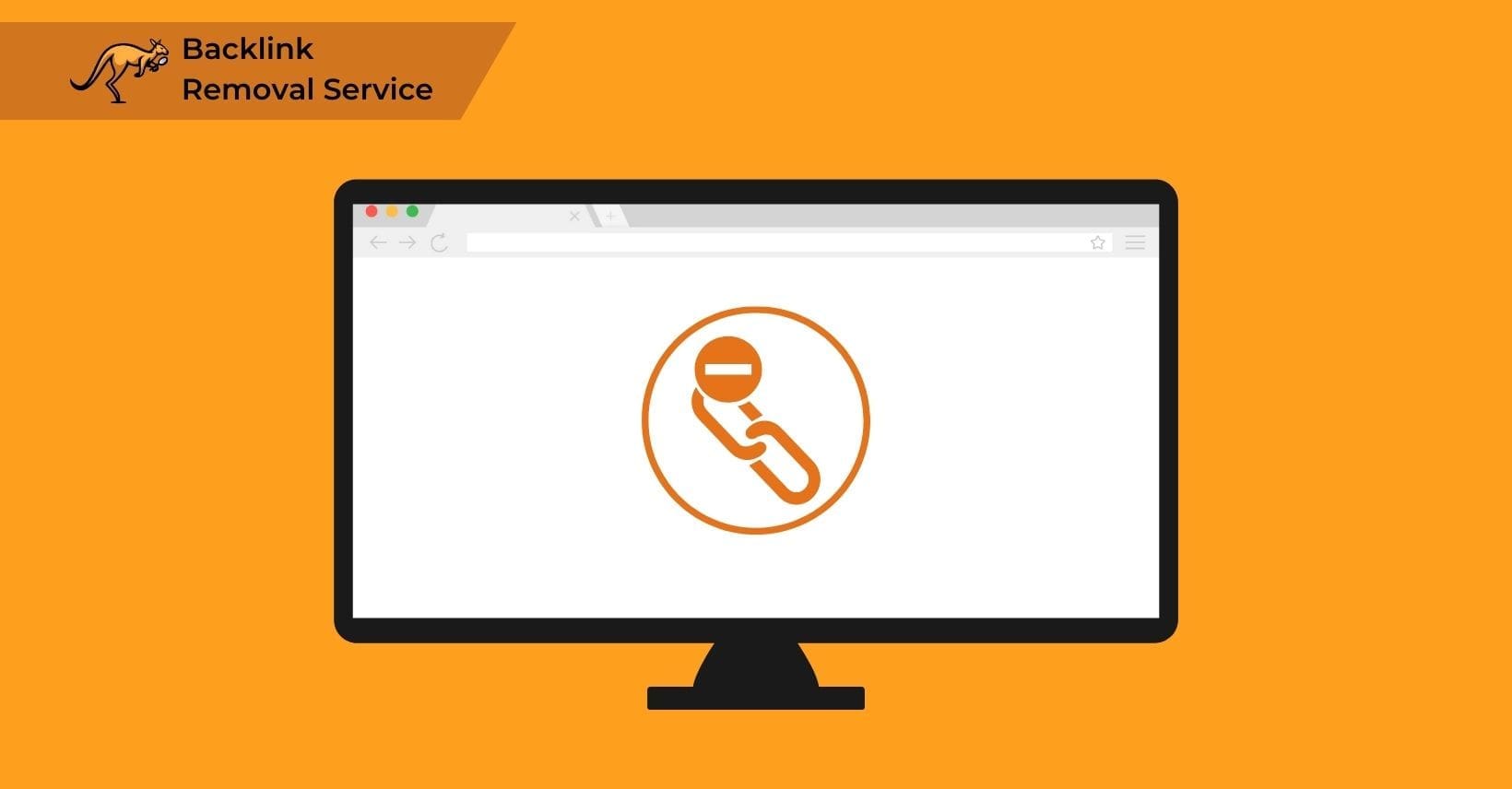Link building is challenging and often exhausting, which leads many to purchase backlinks.
Businesses, even those worth millions, need backlinks to boost their online presence.
Buying high-quality backlinks from educational or governmental domains isn’t inherently risky, provided you avoid schemes like private blog networks.
However, the decision to buy backlinks should be made cautiously.
If done correctly, purchasing backlinks can enhance your site’s visibility in search results, draw more organic traffic, and improve your search engine standings.
On the other hand, a misstep in this area can result in financial loss without any SEO gain.
Opinions among SEO experts vary—some discourage buying backlinks, while others endorse it as an effective strategy.
However, understanding the essential role that backlinks play in search engine optimization is key.
It can provide further clarity on their importance for a website’s visibility and credibility, helping you make more informed decisions.
What Are Backlinks?
Backlinks connect websites, allowing one site to link to another. These links originate from external sites and point to your own, serving as essential tools in search engine optimization.
Regarded by search engines like Google as endorsements, backlinks signal that a page is relevant, high-quality, and authoritative.
Consequently, pages that amass many relevant backlinks excel in organic search results.
While the foundational principle of backlinks was integral to Google’s original PageRank algorithm, they continue to play a crucial role in SEO today, facilitating web developers in citing sources and offering context.
This strategy naturally leads us to consider the specifics of acquiring these links, exploring whether the practice aligns with an effective website strategy.
What Is Buying Backlinks?

Buying links involves a simple exchange where a website owner places your backlink on their site for a fee.
This inclusion typically boosts organic traffic and elevates your site’s ranking in Google search results.
However, achieving these benefits is not guaranteed, particularly when engaging in black-hat SEO practices like link schemes.
Purchased links are more effective when using white-hat methods, where high-authority sites add your link because they value your content.
While purchasing high-quality backlinks from relevant sites is feasible, many common link-buying strategies yield inferior results, offering only low-quality links from questionable sources such as private blog networks.
It’s essential to thoroughly vet any link-building service you consider to ensure the links are legitimate and beneficial to your SEO efforts.
As you weigh these factors, you might wonder about the broader benefits that high-quality backlinks can bring to your site’s online presence.
Why Buy Backlinks?
Even with outstanding content and personalized outreach emails, many site owners still demand payment for link placement.
This difficulty in organically obtaining links leads many SEO professionals to prefer buying them. Google usually doesn’t penalize or demote purchased links unless it detects them as inorganic.
If the links appear organic, you are likely to avoid penalties. Given that purchased links often mimic earned links, many SEOs successfully use this approach without repercussions.
As Google’s algorithms continue to evolve in detecting link quality, the practice of buying backlinks remains a debated yet viable option.
Importantly, the time saved by purchasing links instead of earning them organically can be substantial, freeing up resources for other crucial SEO tasks.
Saving Time
Building links organically demands a substantial amount of effort and time.
Purchasing backlinks simplifies this process, offering a swift alternative to the slow, labor-intensive task of creating content that naturally draws backlinks.
Organic outreach alone involves several time-consuming steps:
- developing appealing content, identifying potential target sites,
- crafting personalized outreach emails to elicit responses,
- and managing any replies and follow-ups.
This method can stretch over weeks.
In contrast, buying backlinks is straightforward and quick. You simply find a site that sells links, agree on a price, and secure your link placement.
As businesses aim to optimize their resources, cutting costs becomes imperative, and exploring cost-effective strategies like buying backlinks could potentially lead to considerable savings in both time and budget.
Saving Money
Purchasing links can often be more cost-effective than generating them organically.
Organic link building demands substantial resources: it involves crafting high-quality content, requiring skilled writers, adept graphic designers to enhance visual appeal, and experts to ensure the content’s relevance and value.
Additionally, scaling up free link building necessitates a dedicated outreach team and investment in specialized tools, which can cumulatively exceed the costs of simply buying links.
In this context, the efficiency and lower financial input of buying links become apparent, especially when considering specialized links such as educational (.edu) backlinks that can further boost a site’s authority and credibility in a subtle yet impactful way.
Why Buy Edu Backlinks?
Edu backlinks derive their exceptional SEO value from the restricted availability of .edu domains, which are exclusively granted to accredited educational institutions, resulting in these websites possessing naturally high domain authority that transfers significant ranking power when they link to your site. These educational backlinks are regarded as very high-quality due to the strict registration requirements for obtaining .edu domains.
Edu backlinks differ from regular backlinks because educational domains carry inherent authority and trustworthiness that commercial websites cannot match, similar to how backlinks from .gov domains, managed by government agencies, are also highly esteemed due to their authoritative nature.
However, they are more challenging to acquire due to government policies against paid posts. While both are premium authority links, edu backlinks come from educational institutions with academic credibility, whereas gov backlinks originate from government websites with official authority, which is why the collective term for these high-value links is “edu gov backlinks.”
Edu backlinks deliver superior SEO benefits compared to standard backlinks, including faster ranking improvements, enhanced domain authority, and greater trust signals to search engines, which makes these educational links particularly effective in enhancing a site’s standing in Google’s search results despite their higher cost.
This effectiveness in search ranking leads to consideration of how Google views the purchase of backlinks. This factor directly influences the strategic use of such links in SEO campaigns.
How Google Sees Backlink Buying

Many SEO professionals will tell you that Google is categorically opposed to bought links.
However, this is not entirely correct. In actuality, Google states that purchased links are a “normal part of the web economy.”
What Google is against is purchasing links for the sole purpose of passing PageRank. To put it another way, purchasing (or selling) links in order to affect search engine rankings.
This is what Google refers to as a Link Scheme. Paid backlinks are not one of the many categories of links that violate Google’s Guidelines for Webmasters.
That is if they have the “rel=nofollow” or “rel=sponsored” properties.
What Are Sponsored and Nofollow Link Properties?
The “rel=” attributes “nofollow” and “sponsored” for external links give search engines contextual hints.
rel=”nofollow”: Informs search engines that the link was generated solely for reference purposes and that the originator of the link does not support the website to which it is connected.
The rel=”sponsored” attribute informs search engines that the link was produced as part of an advertising or sponsorship deal and that no endorsement is implied.
A “rel=nofollow” or “rel=sponsored” link does not pass authority on to the website to which it is linked. This indicates that purchasing links with these properties fully comply with Google’s Webmaster guidelines.
However, rel=nofollow and rel=sponsored links do not normally have much of a worthwhile SEO benefit. Because they pass no link juice to the target site, many site owners assume they are worthless for link building.
While pillow links may not be the most effective backlinks, they can still significantly boost organic traffic, especially when sourced from authoritative domains like educational or government sites.
Edu backlinks significantly impact search rankings by passing substantial authority to your website, which enhances visibility and credibility while potentially accelerating your climb in search engine results pages for competitive keywords.
However, as we continue to explore strategies to improve website rankings, it’s important to remain cautious.
Over-reliance on any single type of link or overstepping ethical boundaries can expose a site to risks, subtly leading us to a broader discussion on the potential pitfalls of buying links.
The Risks of Buying Links

Purchasing edu backlinks carries significant risks despite their quality, as Google treats bought links, even from educational domains, as violations of its Webmaster Guidelines, which may result in either these links being ignored or severe penalties being imposed on your website.
These links won’t affect PageRank or search engine rankings if ignored, rendering your investment ineffective. In cases where penalties are applied, Google’s reviewers can remove your website from search results entirely, burying your content and nullifying your efforts.
Such outcomes highlight the importance of cautious investment in backlinks, raising questions about cost-effectiveness.
As website owners weigh these considerations, exploring the actual expenses involved in acquiring backlinks becomes essential, balancing risk with potential reward.
How Much Do Backlinks Cost?
The price of purchased backlinks varies widely and is influenced by several factors, including the type of link, the industry involved, and the website’s domain authority.
For example, educational links often carry a higher price tag. Edu backlinks typically cost between $100 to $3,000 per link depending on the domain authority and placement location, which is significantly higher than standard backlinks where link insertions range from $50 to $2,500 and guest posts cost between $15 and $300 according to an Ahrefs study of 450 websites.
Edu backlinks typically cost between $100 to $3,000 per link depending on the domain authority and placement location, which is significantly higher than standard backlinks where link insertions range from $50 to $2,500 and guest posts cost between $15 and $300 according to an Ahrefs study of 450 websites.
Beyond the direct financial outlay to acquire these links, additional costs, such as the strategic planning involved, should be considered.
As we evaluate these expenditures, we must consider alternative strategies, such as building internal links within your organization, which can offer more control over content and timelines.
In-House Link Building
Building an in-house team for link building is costly, especially if you are new to the field. Initially, you must hire the right people; even with a small team, staffing costs can exceed $60,000 annually.
When you add benefits like medical coverage, costs increase by about $5,000 a year. Additionally, the financial outlay for necessary software and training adds up quickly.
Given these substantial time, money, and resource investments, many turn to specialized SEO agencies to buy links.
These agencies streamline the process, often achieving more efficient results without the overhead of managing an in-house team.
Considering the efficiencies gained by partnering with such agencies, it is important to examine their role in enhancing your website’s search engine ranking.
Buying Links With an SEO Agency
When you engage a link-building agency, you are effectively investing in backlinks. The cost of these backlinks depends on the number and quality of the links created.
Also, it varies according to the SEO firm you select. Prices for trustworthy link-building services range from $2,000 to $10,000 monthly, with premiums scaling up to $20,000 monthly for corporate-grade services.
This investment can be substantial annually but can also be condensed into a shorter timeframe, optimizing the expenditure on purchasing links.
At the same time, your team concentrates on other priorities like content creation.
A key benefit of partnering with a professional agency is ensuring they will manage everything from securing high-quality, relevant traffic to steering clear of low-quality spammy sites.
They handle complex tasks such as guest posting and crafting appropriate anchor texts, freeing you from the technical details.
Considering these advantages, you might find Searcharoo an appealing option for meeting your backlink needs, providing expertise and streamlined services that enhance your site’s performance.
Why Choose Searcharoo for you Backlink Needs?
When you select Searcharoo for your SEO needs, you can purchase edu backlinks through our specialized service packages that focus on enhancing your website’s credibility and visibility through authoritative educational domain connections.
Our team obtains high-quality backlinks from authoritative and relevant sites, strengthening your SEO performance. We commit to a clear and cooperative process involving you at each stage to align our strategies with your marketing objectives.
Our goal at Searcharoo is to serve our clients and foster their success and growth in the online world.
We are keen to demonstrate the effectiveness of our backlink strategies, crafted with precision to boost your site’s search rankings.
As we explore optimizing your SEO strategy further, one consideration is the source of these backlinks.
While working with a dedicated agency like Searcharoo ensures reliability, some may wonder about the merits of buying links directly from private sellers.
Buying Links from a Private Seller
When you contact a website offering guest posts or link placements, you engage with a private backlink seller.
These sellers, who operate independently, can sometimes be less reliable and may offer links that are prone to scams or are of low quality.
When purchasing edu backlinks, you should look for providers with verifiable track records, transparent placement processes, relevant educational domains to your niche, and natural anchor text distribution, while thoroughly researching their reputation using engines like Google to avoid low-quality services.
Engage with them only if they appear credible and promise good value for your investment.
Pricing among private backlink sellers varies widely since there are no standard costs in the industry; fees can range from about $50 for a single link to an excessive $8,000, depending entirely on what the seller decides to charge.
Considering the range of prices and the reliability of private sellers might lead you to seek alternative methods in your SEO strategy, such as buying outreach, which relies on forming direct connections with website owners to secure quality links in a more structured manner.
Buying Outreach
Many website owners just do not have the time to work on trying to build links organically. The outreach involved in sending your quality content to other websites and hoping they want to place a link can take a huge amount of time.
For effective edu link building strategies, you can hire an outreach specialist who specializes in educational domain connections rather than buying links outright, allowing them to secure guest posting opportunities, scholarship listings, or resource page inclusions on educational websites.
They can send your content to relevant prospects, getting you legitimate and organic edu backlinks with none of the risk of buying backlinks outright.
This option might be a good call for anyone who does not want to buy backlinks but does not have the time to tackle the whole process on their own!
Final Thoughts on the Value of Edu Backlinks and Overall Strategy
It is easy enough to buy backlinks, but you need to do your research and ensure that you only buy backlinks from reputable sellers in order to avoid Google penalties.
Try not to only buy backlinks, however: some organic backlinks to diversify your backlink profile can be a very important part of any link building strategy.
When you buy backlinks, there are no guarantees of success. You have to be prepared to take some risks and be willing to put in the work to minimize those risks as much as possible.





